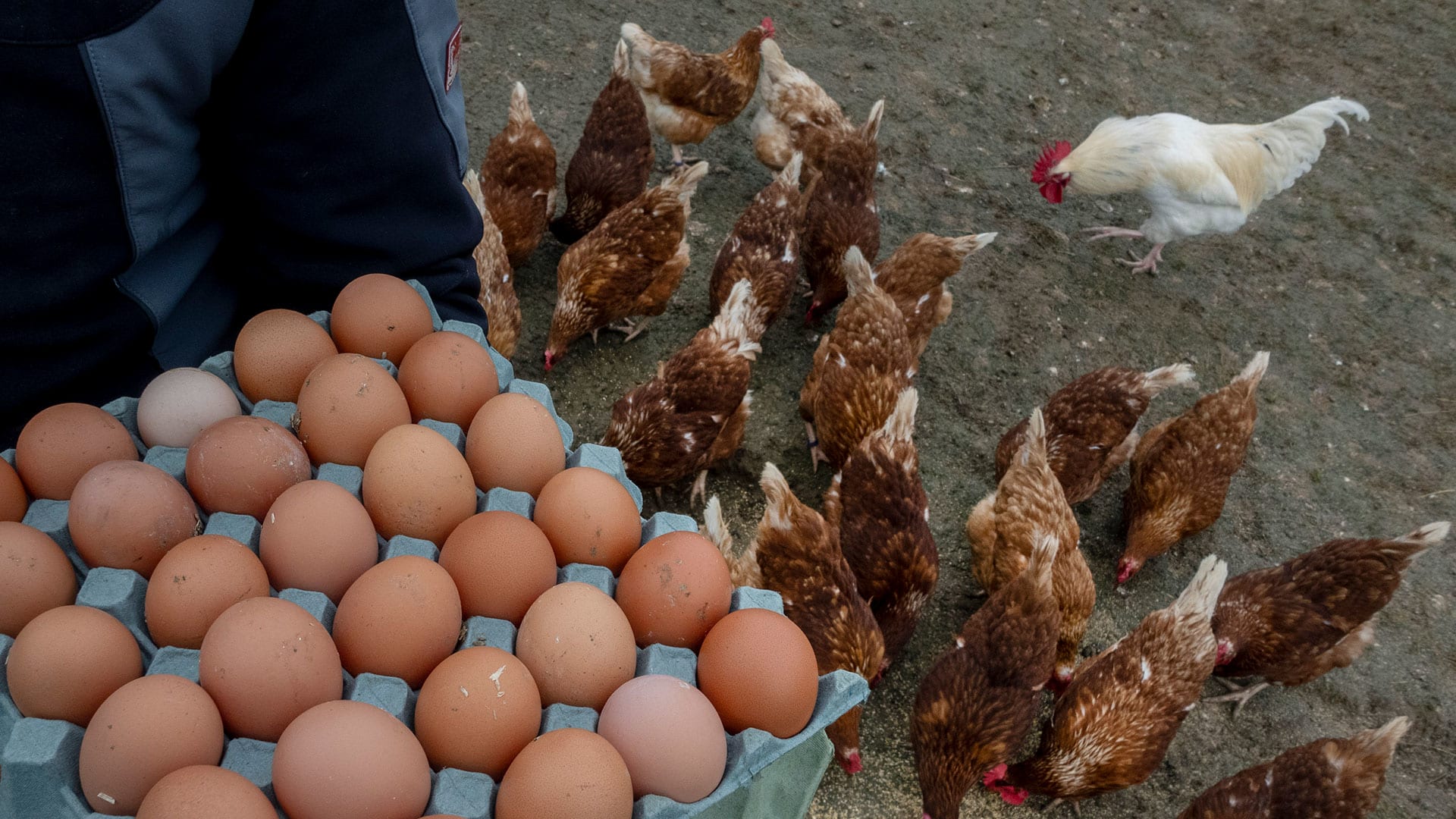
"The United States is facing a severe egg shortage due to a bird flu outbreak, leading to escalating prices in grocery stores, and prompting the government to seek imports."
"Germany, Italy, Poland, and Sweden are being approached by the USDA to address this shortage, but European countries also face avian flu outbreaks and surging domestic demand."
"U.S. food safety regulations are markedly different from those in Europe, requiring eggs to be sanitized and refrigerated, presenting major hurdles for potential foreign suppliers."
"Hans-Peter Goldnick of the German Egg Association highlights the stark contrast in egg handling between the U.S. and Europe, complicating potential egg exports."
The U.S. government is actively seeking egg exports from European countries like Germany, Italy, Poland, and Sweden to combat a significant egg shortage linked to bird flu. However, the European countries are facing their own avian flu challenges and increased domestic demand, especially with Easter approaching. Additionally, fundamental differences in food safety regulations between the U.S. and Europe complicate potential imports; U.S. standards require eggs to be sanitized and refrigerated, whereas European Union practices allow eggs to be sold unwashed.
Read at Fast Company
Unable to calculate read time
Collection
[
|
...
]